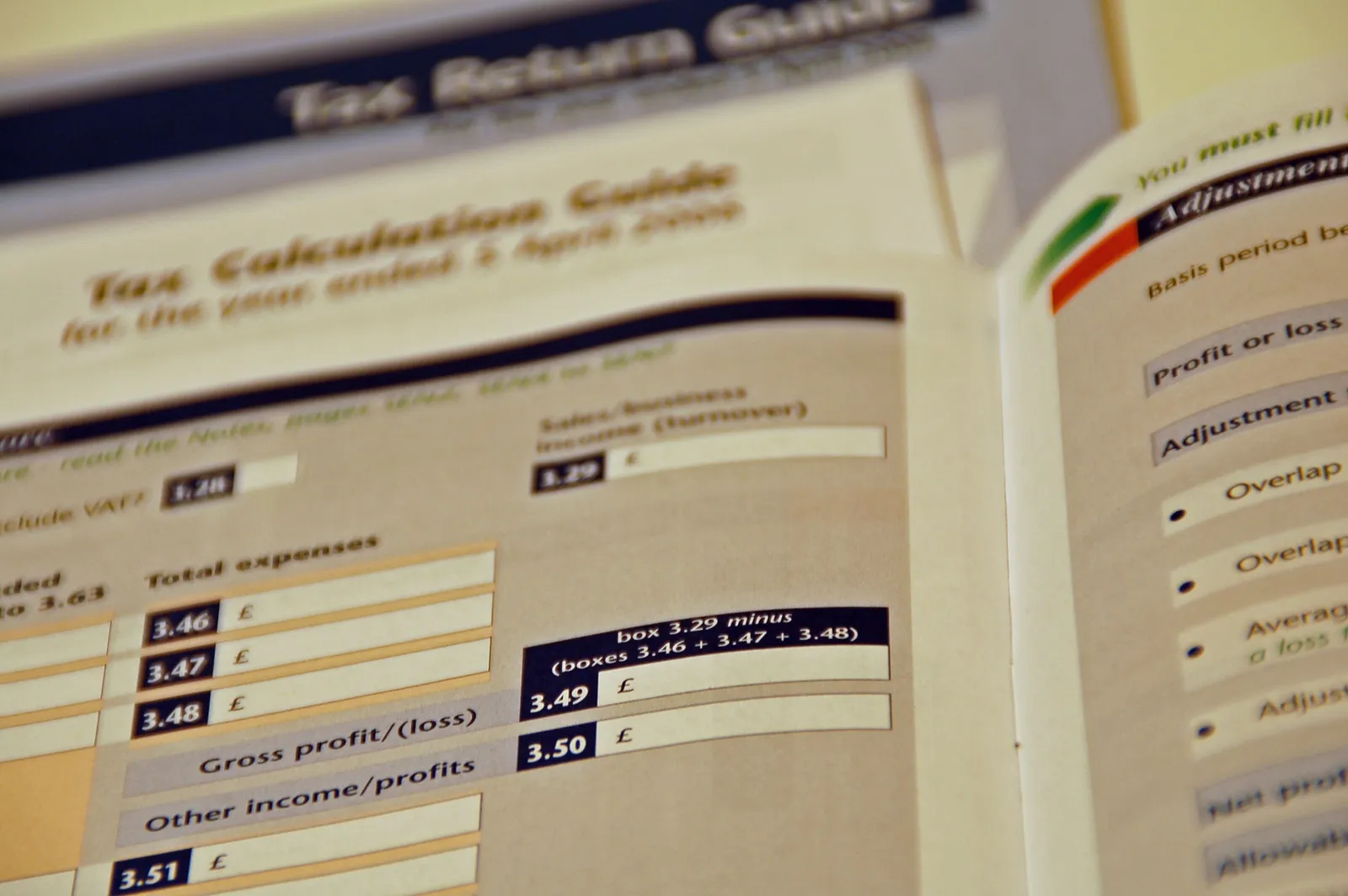The UK Tax Residence Test And Expatriates – Are You Sure You Have Escaped UK Taxation?

The UK statutory residence test determines whether or not individuals are resident in the UK for tax purposes. It can continue to impact British expatriates more than you realise, so it’s important to understand the rules and follow them carefully where necessary.
Written by Jason Porter of Blevins Franks
You may be settled in a new country, but if you spend time in the UK each year or retain property there, you could still be treated as a UK tax resident. This would make your worldwide income and gains liable to UK income and capital gains taxes, and your worldwide assets could potentially remain subject to UK inheritance tax.
It is not just those who have recently left the UK who are potentially affected. Even if you have lived in your new country of residence for many years, you may still be required to report and pay tax to HM Revenue & Customs (HMRC). Avoid an unexpected tax bill or even a potential tax investigation by taking care to understand the rules.
The UK Statutory Residence Test (SRT)
The SRT determines your UK residence status for tax purposes. Assessing your position is not just about counting days spent in Britain; you need to work through the following three tests in order. If you meet one of the tests, there is no need to continue to the next test. Note that all references to ‘years’ mean a UK tax year (6 April to 5 April), and a ‘day’ counts when you are present in the UK at midnight.
1. Automatic overseas test – you are treated as not resident in the UK if you meet any of these conditions:
- UK resident in one or more of the previous three years, and present for fewer than 16 days in the UK in the current tax year.
- Not UK resident in any of the previous three years and present in the UK for fewer than 46 days in the current year.
- Work overseas full-time (at least 35 hours a week) with no more than 30 days spent working in the UK (a ‘work day’ counts as three or more hours), and present for no more than 90 days in the UK in the year.
2. Automatic residence test – you are deemed a resident in the UK if you meet any of these conditions:
- Present in the UK for 183 days or more in the year.
- Only or ‘main’ home is in the UK – available for 91 consecutive days or more and actually used for at least 30 days in the year.
- Work full-time in the UK for any period of 365 days with no significant break of 31 days or more (subject to certain conditions).
3. Sufficient ties test – if your residence position has not been determined under the first two tests, the next step is to consider your connections to the UK.
- Family – spouse and/or minor children resident in the UK.
- Accommodation – available to you for 91 or more continuous days (even if you spend just one night there).
- Work – working in the UK for at least 40 days in the year.
- Substantial visits – spending 90 days or more in the UK in either or both of the two previous years.
- Favoured country – spending more days in the UK than any other single country (this only applies to ‘leavers’).
The sufficient ties test works on a sliding scale – the more ties you have with the UK, the less time you can spend onshore without becoming UK resident; the fewer ties you have, the longer you can spend in the UK before UK residency applies. The number of days varies depending on whether you are an ‘arriver’ (non-UK resident in any of the previous three years) or a ‘leaver’ (UK resident in any of the previous three years).
The rules allow for up to 60 days spent in the UK under ‘exceptional circumstances’ to be disregarded. However, this only applies where you have no choice and circumstances are unforeseen and beyond your control – this is unlikely to include visiting an ill or dying relative in the UK (although even the definition of a qualifying “relative” is restricted).
Generally, you will only be treated as tax resident in one country or another, but it is possible to be a dual-resident in both the UK and your new country of residence under the respective domestic laws. While the double tax treaty may offer protection from paying tax twice on the same income, you may still be liable for taxation in both countries, so take advice to get it right and minimise your exposure.
This is just a summary of the rules, which are detailed and highly complex. Remember, spending just 16 days in the UK could unintentionally trigger UK tax residency, so you should take specialist advice to establish exactly where you stand. Wherever your liabilities lie, a tax planning review could let you take advantage of legitimate arrangements to minimise your tax bill and meet your obligations in the most suitable way for your personal situation.
Tax rates, scope and reliefs may change. Any statements concerning taxation are based upon our understanding of current taxation laws and practices which are subject to change. Tax information has been summarised; individuals should seek personalised advice.